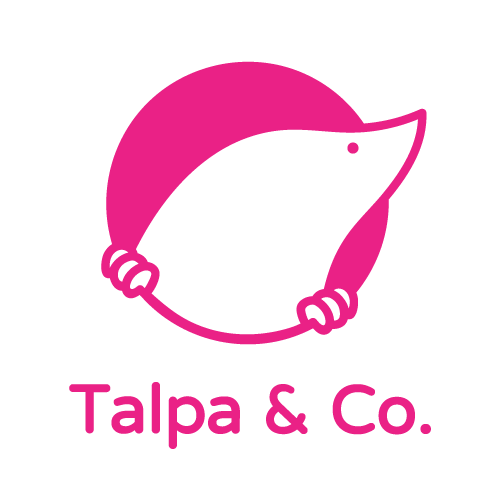
FAQ
-
I like this 2 minute video that sums up well what coaching is, from the International Coach Federation (ICF).
I am trained in Co-Active Coaching, an approach created by the Coaches Training Institute. “Co” refers to our curiosity and deep listening - the space we hold for each other, our intuition and nurturance. “Active” refers to our courage in taking action and commitment to achieving our goals.
Co-Active Coaching means co-creating the coaching journey with clients. Together, we determine the challenges they face, identify their goals and implement the solutions they didn’t know they already had.
-
To help distinguish between the three, I often use this analogy: learning how to ride a bike.
Imagine you tried to learn to ride a bike by yourself and you’ve been unsuccessful.
You decide to see a therapist. You think you’re too afraid to ride the bike and you’re paralyzed by the idea. Therapists will explore traumas, events in your childhood, fears, mental blocks...etc. They’ll help get you to a level where you can actually learn how to ride a bike.
You decide to see a consultant. The consultant will ride the bike for you and give you instructions on how to do it - in theory.
You decide to see a coach. The coach is next to you as you learn how to ride a bike. They won’t do it for you - they are there to champion you. They believe in you and encourage you to keep going when you fall.
No one of these three types of professional is better than the other. It’s important you know what professional you need for where you are right now.
Notes:
- A coach often has a broad range of expertise and can wear the coach hat, the consultant hat or even the therapist hat (if the coach is also a therapist). I always tell my clients which hat I’m wearing when I’m coaching.
- Coaching is not therapy but can be therapeutic. We do deal with emotions.
-
I’m glad you asked. Receiving coaching is a time-consuming financial commitment. It is an investment in yourself, not a sacrifice. It requires effort and a strong willingness to play outside of your comfort zone. It is important you ask yourself why you want coaching. What are your intentions? What changes do you want to see?
The process is only as successful as the amount of energy you decide to put into it.
I can help you clarify your intentions with a quick, no-strings-attached call. Contact me.
-
I value collaboration, so clients can expect a strong partnership from me where we both put our weights in the working relationship. The most engaged and committed we both are in coaching the best results they can get out of it. You need to be ready to be challenged about how you think about things, to think hard and deep while also having fun and being supported with kindness and compassion.
Also, choosing the right coach for you is important. I encourage you to interview a few different coaches to sense their energy and feel if it’s a right fit for you. Check the hiring tips from the ICF.
A certified ICF coach (ACC, PCC, MCC), also is expected to follow the standards of the profession and pledge to follow the coaching ethics.
-
Yes. I am a Certified Professional Co-Active Coach (CPCC) with the Coaches Training Institute. I also have my Professional Certified Coach credential (PCC) with the International Coach Federation (ICF).
-
What I can guarantee is that I’ll do my utmost best to be your champion and guide during your journey. As it’s a partnership, a collaboration, you also need to pull your weight. Coaching is one way to grow, learn, and transform yourself. Which means it’s inherently challenging because it’s about change.
Your own commitment to yourself will be the biggest factor in seeing results. I often tell my client that the “magic” of coaching actually happens outside of the session. It’s one thing to talk about what challenges, having light bulb or ah ha moments, it feels wonderful but it’s as important to do the leg work as well and practice and implement the new ideas that came out of our conversations.
-
You can pay monthly or in full. You can pay by transfer or credit card. Amounts are in €.
